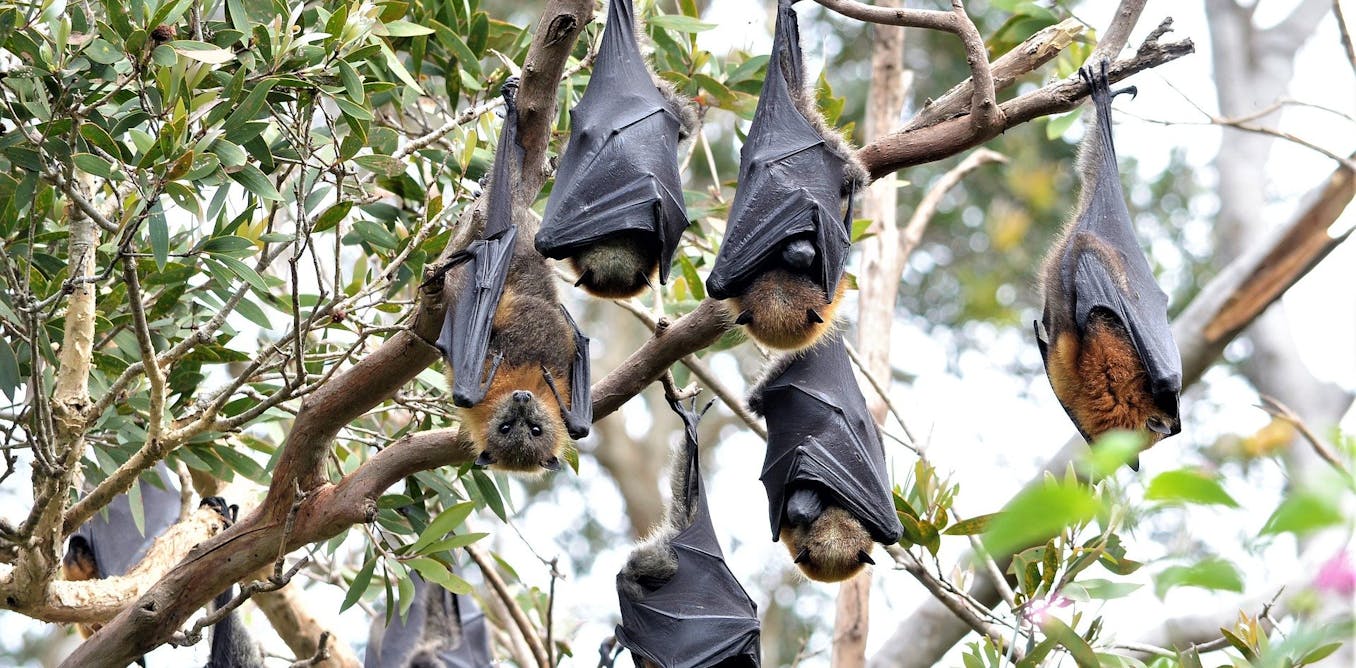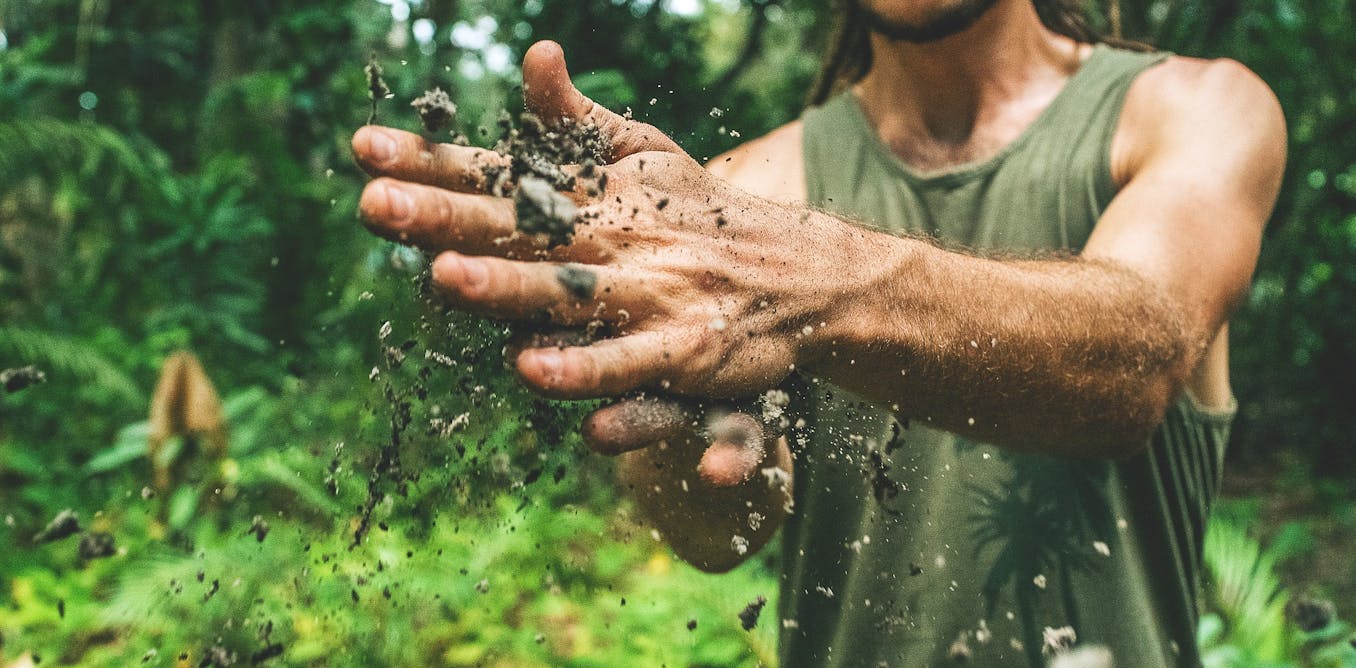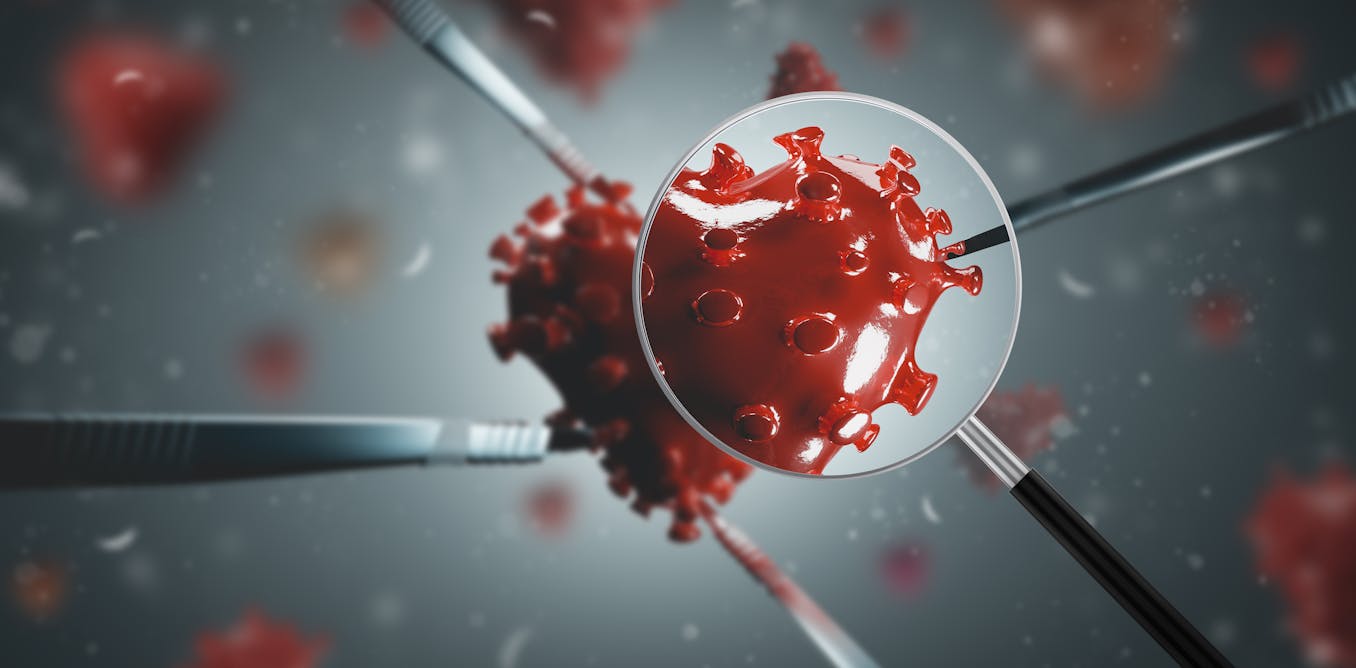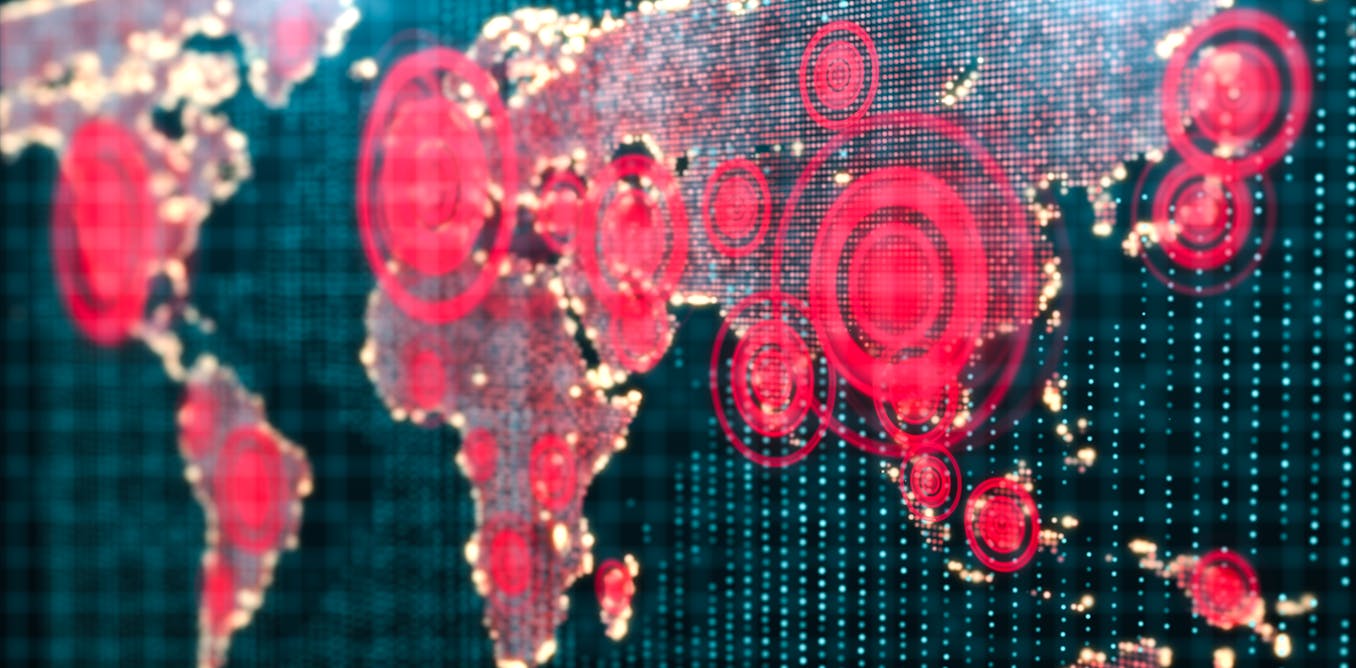Viruses are both the villains and heroes of life as we know it
Viruses have gotten a bad rap for the many illnesses and pandemics they’ve caused. But viruses are also genetic innovators – and possibly the pioneers of using DNA as the genetic blueprint of life.
Oct. 19, 2021 • ~8 min
Reporting all biosafety errors could improve labs worldwide – and increase public trust in biological research
A centralized reporting system for laboratory incidents involving dangerous pathogens in biological research does not exist in the US or internationally.
Oct. 12, 2021 • ~8 min
Delta variant makes it even more important to get a COVID-19 vaccine, even if you've already had the coronavirus
COVID-19 vaccination produces a more consistent immune response than a past infection. With the delta variant, the difference in protection may be even greater.
July 13, 2021 • ~8 min
Millions are rejecting one of humanity's best weapons for saving lives: Vaccines
Vaccines have successfully curtailed viral diseases for decades. But as COVID-19 vaccination hesitancy shows, mistrust and misinformation continue to put lives at risk.
June 17, 2021 • ~9 min
Working with dangerous viruses sounds like trouble – but here's what scientists learn from studying pathogens in secure labs
Scientists get up close and personal with deadly pathogens to give doctors the tools they need to treat people sickened by germs. The key is keeping the researchers – and everyone around them – safe.
June 10, 2021 • ~10 min
How virus detectives trace the origins of an outbreak – and why it's so tricky
Bat hosts, lab leaks – tracing SARS-CoV-2 to its origins involves more than just tracking down patient zero.
June 7, 2021 • ~11 min
The next pandemic is already happening – targeted disease surveillance can help prevent it
A more coordinated effort by scientists, stakeholders and community members will be required to stop the next deadly virus that's already circulating in our midst.
June 1, 2021 • ~10 min
The 17th-century cloth merchant who discovered the vast realm of tiny microbes – an appreciation of Antonie van Leeuwenhoek
Leeuwenhoek, who discovered bacteria, is one of the most important figures in the history of medicine, laying the groundwork for today's understanding of infectious disease.
April 6, 2021 • ~7 min
/
18









